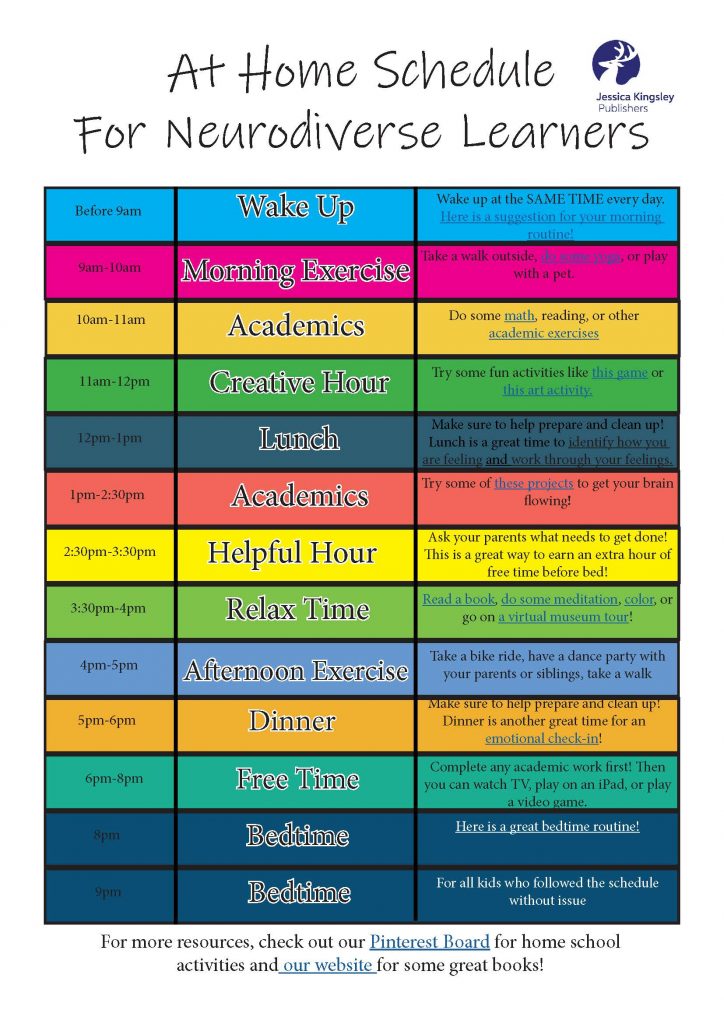Supporting Children During Coronavirus can be difficult. Arlen Grad Gaines and Meredith Englander Polsky, authors of the I Have A Question About… series, provide some insights.
The Coronavirus Pandemic is a difficult topic for parents to explain to any child, perhaps even more so when the child has Autism Spectrum Disorder or other special needs. Many of these children process information in a concrete manner, prefer established routines, and need support to understand and interpret emotions. With most schools still closed, routines upended, and regular activities altered, the uncertainty and anxiety about the Coronavirus pandemic persists. The following are suggestions for parents and caregivers, as they support a child during this time.
Communicate with the child
Talking with children, including kids with special needs, about a pandemic may feel daunting, especially as this is uncharted territory for adults as well. However, it can often be scarier and more anxiety-provoking for a child to sense the changes, but not be told explicitly. Therefore, use honest, clear language, parceling out information as children are able to process it. Because many young children and children with special needs are concrete thinkers, the use of simple, clear phrases can be helpful.
Address concerns about Coronavirus
Even if they don’t ask, children likely worry about getting sick themselves, or that someone they love will get sick and die. Parents and caregivers can address that fear. They can share that most people, especially children, will be able to feel better if they get sick, but it is possible for some people to die from this virus. Help address ways parents, caregivers, and children can help themselves and others stay healthy, such as by washing hands, wearing masks, and staying home most of the time so that germs aren’t shared. Be mindful, for example, of what children are seeing on the news or online, as that can contribute to increased anxiety.
Provide emotional guidance
Some children, including those with special needs, may regress or turn to self-soothing behaviors as they cope with many changes in routine and feelings of anxiety because of this pandemic. Children may become more withdrawn, irritable, anxious, or aggressive. Help them recognize their feelings, provide a calming presence, and convey messages of reassurance and unconditional love. Partner with other adults in their life, if possible, including therapists, to help support them during this time.
Pay attention to structure and routine
Many children have difficulty with changes in routine, and may struggle with the significant disruption caused by this pandemic. Many schools remain closed, and in-person social activities have been suspended. Help create a sense of structure in the child’s day, even if that routine greatly differs from before. A picture schedule or calendar can be a helpful tool. L
Provide sensory-based supports
Utilize sensory-based supports and strategies that have been comforting in the past and have those available to the child. Consider having a pile of pillows a child could jump into, or a box of fidget toys accessible.
Considerations for parents and caregivers
Recognize the impact and anxiety this pandemic has on parents and caregivers, and continue to try to focus on self-care in the midst of caring for others. Try to exercise, get enough sleep, and stay connected with friends and family by phone or social media to combat social isolation. Reduce exposure to the news, if feeling overwhelmed, and find ways to take breaks.
——————————–
Arlen Grad Gaines is a licensed clinical social worker based in Maryland, USA. Meredith Englander Polsky is a social worker and special educator in Maryland, USA. They are the co-authors of the award-winning “I Have a Question” book series, which addresses complicated topics for all children, inclusive of kids with special needs.
For more information, and to download the free I Have a Question about Coronavirus e-book, please visit www.ihaveaquestionbook.com.
Preview free book here
https://blog.jkp.com/2020/03/i-have-a-question-about-coronavirus/

